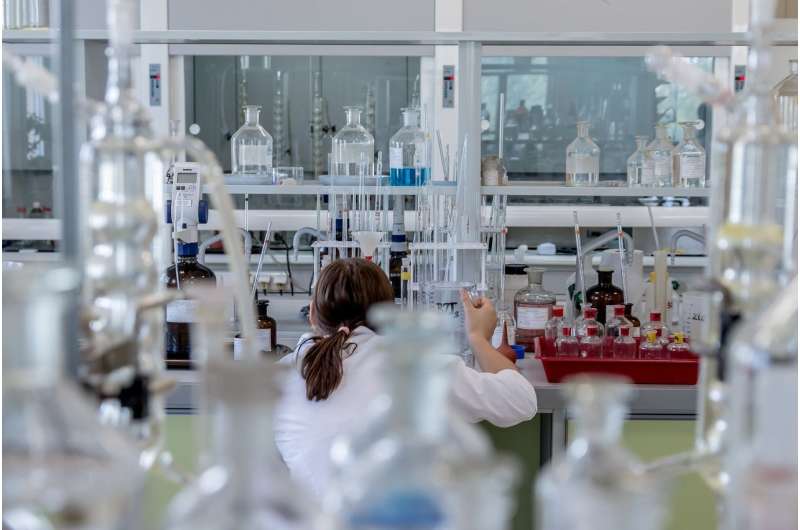Chemistry education goes online

With colleges and universities around the world shuttered because of the COVID-19 pandemic, chemistry teachers are navigating the shift to online learning. There are several factors to consider in this effort, from technology to accessibility. Chemical & Engineering News (C&EN), the weekly newsmagazine of the American Chemical Society, asked chemistry teachers with online learning experience to provide best practices for educators in this new, virtual territory.
The first step, experts say, is to get familiar with the tools available for virtual classrooms. Most schools have access to recording and teleconferencing software, and instructional designers can help provide a framework for online coursework. While there are many technologies available, experts warn not to assume that all students are tech-savvy, have a suitable internet connection or can access certain tools. Pre-recorded lectures should include captions when possible, both for accessibility and in anticipation of audio issues. And glitches will happen, making it important to practice using the platforms before going live. The experts also note that keeping lectures as short as possible (15 minutes at most) will help students digest the content better, especially when it comes to more advanced material, writes Senior Correspondent Celia Henry Arnaud.
While there are many advantages to online learning, building rapport with students from a distance presents challenges. Staying in touch over email is essential in the absence of office hours and in-person classes, and communicating in a conversational, approachable manner will help students feel comfortable in reaching out for help, according to some online instructors. When it comes time for exams, it's important to adapt tests to an online learning platform so that students can't look up the answers. Many experts note that lab work is the biggest hurdle in chemistry education right now, with institutions working to determine essential versus nonessential labs for students. To that end, the ACS Committee on Professional Training, which approves undergraduate chemistry programs, has authorized the use of virtual labs during the pandemic. While it will take time to iron out the wrinkles, chemistry educators are hopeful that this period will help win over skeptics of online learning.
More information: "Tips for teaching in the time of coronavirus," cen.acs.org/education/Tips-tea … e-coronavirus/98/i12
Provided by American Chemical Society





















